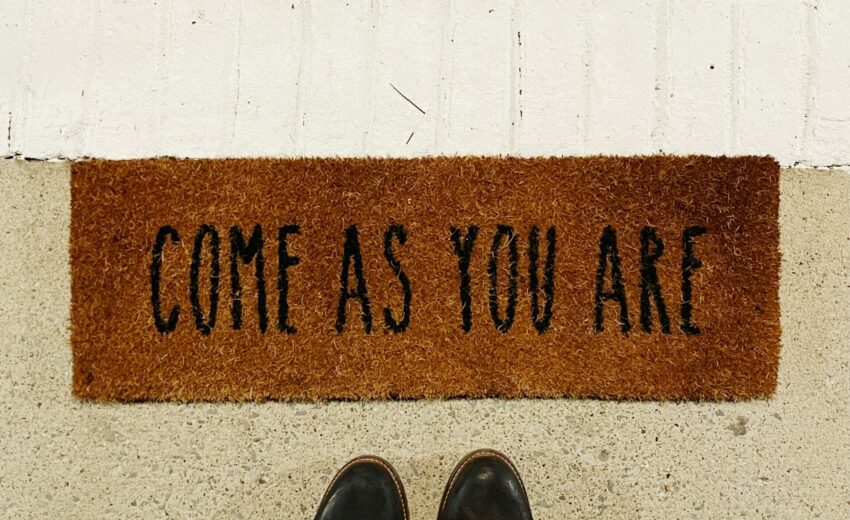
This article is written by James Ryn McDevitt-Phelps, an independent SHJ member.
I first learned about Judaism when I was around five years old and I was questioning the implausible 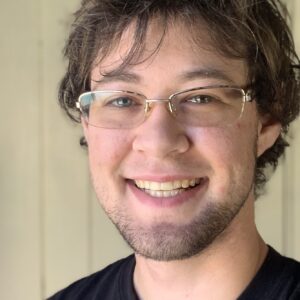 things I had been told by my grandmother’s church when I accompanied her to services. My understanding of what Judaism was, was still minimal, but still, the next time I accompanied my grandmother, I announced to the whole rural, Bible-belt Methodist congregation that I was now a Jew.
things I had been told by my grandmother’s church when I accompanied her to services. My understanding of what Judaism was, was still minimal, but still, the next time I accompanied my grandmother, I announced to the whole rural, Bible-belt Methodist congregation that I was now a Jew.
Not long after this I realized I couldn’t get myself to believe in any god at all, even the Jewish god, and I gave up on religion altogether. I became a Humanist like my parents, but there were still times throughout the years I was drawn to the culture of Judaism: the Hanukkah section of our Family Fun cookbook and the Rugrats Passover and Hanukkah episodes when I was young; the concept of Tikkun Olam (which seemed to embody my own conviction that we all had a moral obligation to try to make the world better), the comparative dignity of humanity in the face of an all-powerful god in comparison to the Christianity I saw around me, and the emphasis on study and questioning and thinking when I was older. But, I was not born Jewish and I didn’t believe in the supernatural. There did not seem to be any way to do more than admire Jewish culture from the outside.
Then, I discovered Humanistic Judaism. It was fantastic. It spoke to me. The ceremony and ritual that I craved, the Jewish culture I loved, the Humanist worldview I already shared. I jumped in at first, despite the fact that I was geographically isolated from any Jewish people at all at the time, let alone a Humanistic Jewish community. I bought and read books by Rabbi Wine. I celebrated Purim and Shabbat. I researched and picked a Hebrew name. But then I hesitated. So much of Jewish culture is about Jewish community. And I lacked it, even in my own family. There were no Humanist Jews around to welcome  me in, and if I am not embraced and welcomed by those already in the community, could I really consider myself a part of it? The SHJ website said yes (kind of), but it didn’t feel quite right. Joining a family can’t be a one-way thing, and that’s what it was feeling like. Purim became the only holiday I celebrated that year, and my Shabbat celebrations petered out. I figured I would eventually move to a bigger city with a Humanistic Judaism presence, and I would join there.
me in, and if I am not embraced and welcomed by those already in the community, could I really consider myself a part of it? The SHJ website said yes (kind of), but it didn’t feel quite right. Joining a family can’t be a one-way thing, and that’s what it was feeling like. Purim became the only holiday I celebrated that year, and my Shabbat celebrations petered out. I figured I would eventually move to a bigger city with a Humanistic Judaism presence, and I would join there.
This didn’t satisfy me for long, if it ever really satisfied me at all. I joined the SHJ Facebook discussion group, and it became one of my favorite groups; the people in it were my kind of people. It became clear I wasn’t going to move to New York City or Toronto or someplace like that any time soon; if I were to wait until I had a physical group nearby, I would be waiting a long time. I tried creating my own kind of Humanistic ceremonial tradition based on the Christianity of my ancestors, but adapted to a Humanistic philosophy, but it was unsatisfying; the tradition of Christianity ended up being too problematic for me to use at all, beyond using the name and date of Christmas for my family’s winter solstice celebration. Again, Humanistic Judaism called to me. And this time I realized that an online community is still a community, and fully capable of welcoming me in, and that this is where I wanted to be, and so I should work to be here.
I started becoming more active in the Facebook group. I started celebrating Shabbat again, taking advantage of the presence of a full kitchen (and a bread machine) in my new living arrangements. I saved up money and joined the SHJ officially, and then joined Secular Synagogue, which I had looked into before but held off on because of financial concerns, as well. And I started planning an adoption ceremony, because I am human, and we humans often crave ritual and ceremony to mark things in our lives. And I started answering the question (when asked by the little forms you often have to fill out when requesting to join a Facebook group) of “are you Jewish” with a new answer: yes. And that felt wonderful.
This, of course, has been more narrative than a straightforward answer to the question “why do you want to be a Humanistic Jew?” But story is sometimes the best way to answer a question. Hopefully, in this case, it’s at least an adequate way. But, to give a shorter, more direct answer to the question: because I crave it.
Because I’m already a Humanist and I love Jewish culture. Because I feel good when I’m in the SHJ Facebook discussion group. Because I love Jewish holidays, especially when adapted for Humanistic themes. Because I love Tikkun Olam, and quotes of Rabbi Hillel, and the magnificent history of the Jewish people. Because in all my searching, I haven’t found anything that feels as right.
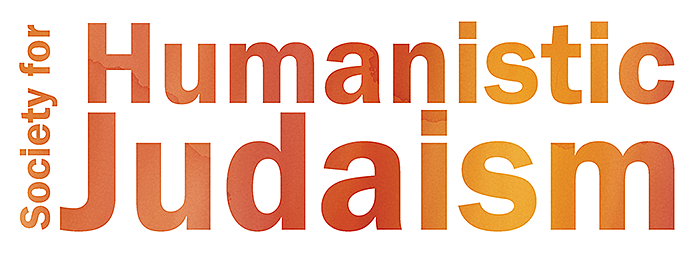

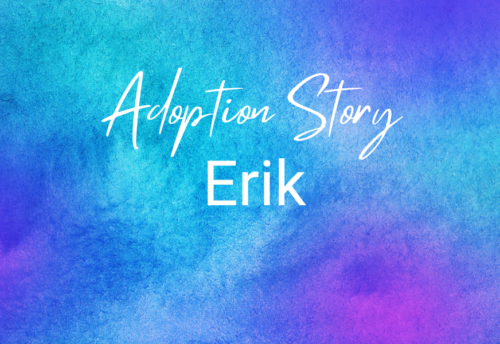
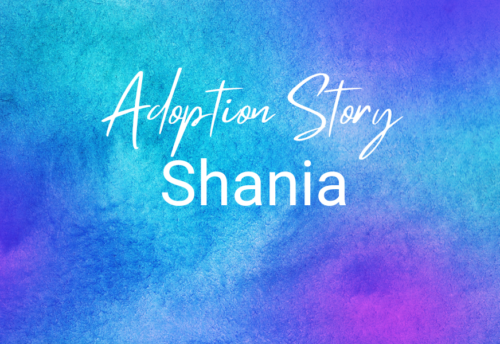
Leave a Reply